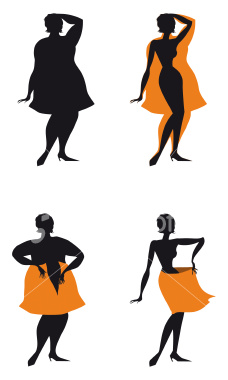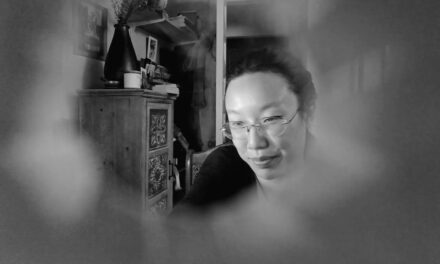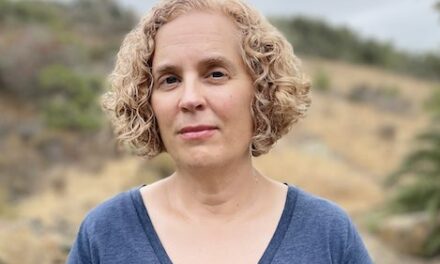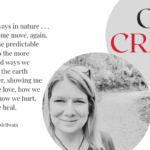In one week, the literary elf will visit our office under the cloak of darkness and leave beneath the dry-erase board dozens of beautiful brown boxes, each filled with 64 copies of Issue 9.2 (which you can order here). None of us has seen this mysterious figure in person, but Brian Trapp set up a webcam for 9.1 delivery, and that’s how we know she wears clothing consisting entirely of stapled-together pages from the Chicago Manual of Style—no doubt because Chicago covers everything. Har. At any rate, we are ever so grateful for the role this magically grammatical female plays in the life of the journal, and in light of the recent election (New Hampshire’s first all-female delegation! Twenty women in the Senate!), we thought we’d whet your appetite for the issue with commentary from two contributors who were thinking about women’s roles as they wrote:
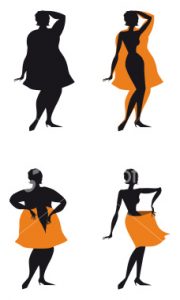 Wendy Rawlings (on “Weight Watching”): This is the first piece of nonfiction I’ve written that directly addresses my interest in/focus on/obsession with weight. I’ve written short stories and parts of a novel that explore the ways women, and particularly American women, and particularly American women living in a postindustrial capitalist society, are bombarded with images of skinny women even as we live in a culture that just keeps getting fatter and fatter. A few years ago I read Joan Jacobs Brumberg’s The Body Project: An Intimate History of American Girls, and it blew my mind. She argues that in the last century, girls have shifted their focus from practicing domestic arts such as quilting, knitting, cooking, and sewing, to trying to perfect their bodies. Right around that time, my mother’s partner decided to undergo bariatric surgery in a last-ditch effort to lose the extra weight she’d carried her whole life. Watching someone close to me transform utterly after this radical surgery provided an opportunity for me to think about this pastime so many women engage in: watching ourselves and others—celebrities, reality TV stars, our friends and relatives—gain and lose, lose and gain.
Wendy Rawlings (on “Weight Watching”): This is the first piece of nonfiction I’ve written that directly addresses my interest in/focus on/obsession with weight. I’ve written short stories and parts of a novel that explore the ways women, and particularly American women, and particularly American women living in a postindustrial capitalist society, are bombarded with images of skinny women even as we live in a culture that just keeps getting fatter and fatter. A few years ago I read Joan Jacobs Brumberg’s The Body Project: An Intimate History of American Girls, and it blew my mind. She argues that in the last century, girls have shifted their focus from practicing domestic arts such as quilting, knitting, cooking, and sewing, to trying to perfect their bodies. Right around that time, my mother’s partner decided to undergo bariatric surgery in a last-ditch effort to lose the extra weight she’d carried her whole life. Watching someone close to me transform utterly after this radical surgery provided an opportunity for me to think about this pastime so many women engage in: watching ourselves and others—celebrities, reality TV stars, our friends and relatives—gain and lose, lose and gain.
 Alex Chertok: In grad school I learned about words. How divisive and multivalent they can be. This learning didn’t always take place in the classroom. Like the word “motherly.” It became clear that many of the female twenty-somethings in my cohort felt affronted by the term. On the other hand, of the women I asked from my mother’s generation (all of them mothers), most felt a certain pride in being called “motherly” and understood it to connote someone who’s nurturing, unwavering in love and discipline, empathetic, strong. Both groups of women considered themselves feminists. Of course the maternal instinct isn’t knit into every female body. We know now that not every woman is hardwired to become a mother (and thank goodness for this), but denying the maternal instinct in toto seems wrong to me. The same way that denying the paternal instinct is wrong: I possess it unequivocally, palpably. Maybe the term needs to be changed, but the condition of feeling a presiding love toward one’s child, born or unborn, is real. I felt “motherliness” needed defending. It needed celebrating. I wanted my poem “In Praise of the Motherly” to depict my mother as I knew her, a woman of great agency and tenderness.
Alex Chertok: In grad school I learned about words. How divisive and multivalent they can be. This learning didn’t always take place in the classroom. Like the word “motherly.” It became clear that many of the female twenty-somethings in my cohort felt affronted by the term. On the other hand, of the women I asked from my mother’s generation (all of them mothers), most felt a certain pride in being called “motherly” and understood it to connote someone who’s nurturing, unwavering in love and discipline, empathetic, strong. Both groups of women considered themselves feminists. Of course the maternal instinct isn’t knit into every female body. We know now that not every woman is hardwired to become a mother (and thank goodness for this), but denying the maternal instinct in toto seems wrong to me. The same way that denying the paternal instinct is wrong: I possess it unequivocally, palpably. Maybe the term needs to be changed, but the condition of feeling a presiding love toward one’s child, born or unborn, is real. I felt “motherliness” needed defending. It needed celebrating. I wanted my poem “In Praise of the Motherly” to depict my mother as I knew her, a woman of great agency and tenderness.

